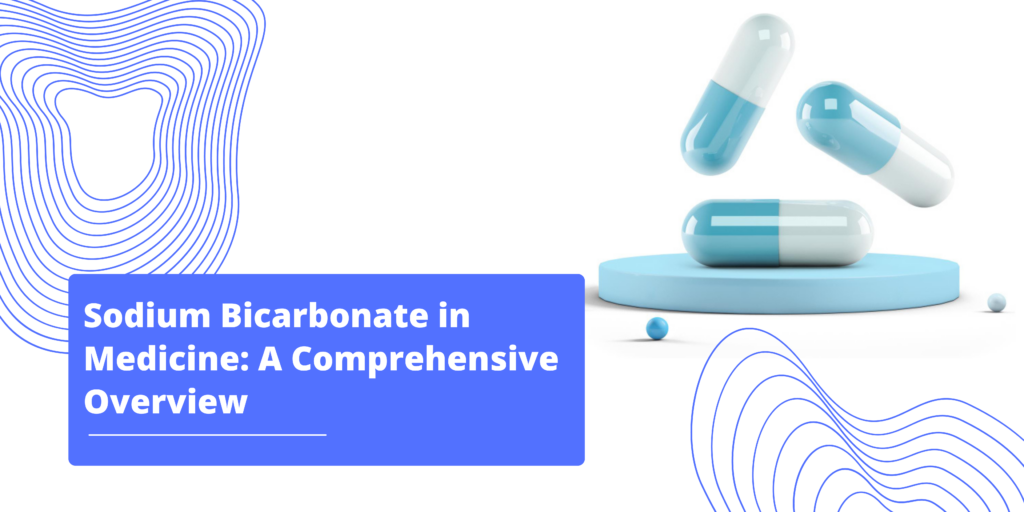
Baking soda, also known as sodium bicarbonate, has been used for thousands of years for a variety of purposes, such as cleaning, personal hygiene, and cooking. However, baking soda has several medicinal uses that go far beyond cooking. The goal of this article is to provide an in-depth look at the several therapeutic applications, mechanisms of action, and potential benefits associated with the use of sodium carbonate in medicine.
Acid-Base Balance
For the body’s acid-base balance, sodium bicarbonate is necessary. It functions as a buffer, reducing excess acidity and keeping the pH of bodily fluids at a normal level. In metabolic acidosis, which is characterized by an excess of acid in the blood, bicarbonate is administered intravenously to reestablish balance. The bicarbonate ion interacts with hydrogen ions to help produce carbonic acid, which is then broken down into water and carbon dioxide. As a result, the blood pH rises, aiding in the restoration of the acid-base balance and preventing the negative effects of acidosis such as organ dysfunction and aberrant electrolyte levels.Gastrointestinal Disorders
Sodium bicarbonate has been demonstrated to be effective in the treatment of a wide spectrum of gastrointestinal issues. It is frequently used as an anti-acid to relieve the signs and symptoms of GERD, digestive acidity, and acid reflux. Temporary relief from the discomfort brought on by excessive acidity is provided by the neutralization of stomach acid. Additionally, it can be used to treat stomach ulcers by neutralizing gastric acid, serving as an alkaline agent, and promoting the healing of tissues damaged by ulcers.Kidney Health
By filtering excess acid from the body, the kidneys help to maintain acid-base balance. However, in some renal illnesses, such as kidney tubular acidosis (RTA), the kidneys may be unable to eliminate acids adequately, resulting in metabolic acidosis. To treat acidosis in these circumstances, sodium bicarbonate (SBC) treatment is employed. SBC treatment aims to restore acid-base balance by delivering an external bicarbonate supply, preventing problems associated with prolonged acidosis, and maintaining renal function.Sports Medicine
Sports medicine has just lately begun to pay attention to the possible advantages of Sodium Bicarbonate supplementation. Lactic acid is created by the body as a byproduct of the anaerobic metabolic process during hard physical exertion, resulting in muscular exhaustion. SBC is hypothesized to function as a buffer, lowering lactic acid buildup and delaying exhaustion. Furthermore, sodium bicarbonate may aid in the maintenance of a proper pH balance in muscle tissue, thereby boosting endurance and performance. Individual responses to SBC supplementation may vary, therefore optimal amounts and timing should be investigated further.Cardiac Conditions
Some cardiac conditions, including metabolic acidosis and cardiac arrest, have been successfully treated with Sodium Bicarbonate. In some cases, administering SBC intravenously might be used to correct blood acid-base imbalances and stabilize the patient. Sodium carbonate assists in restoring normal electrical activity in the heart and improves the heart’s responsiveness to resuscitation by quickly raising the pH of the blood. Additionally, the use of this substance may be advantageous in some drug toxicity situations, such as tricyclic antidepressant overdose, where sodium carbonate may help to reduce the effects of cardiotoxic medications.




